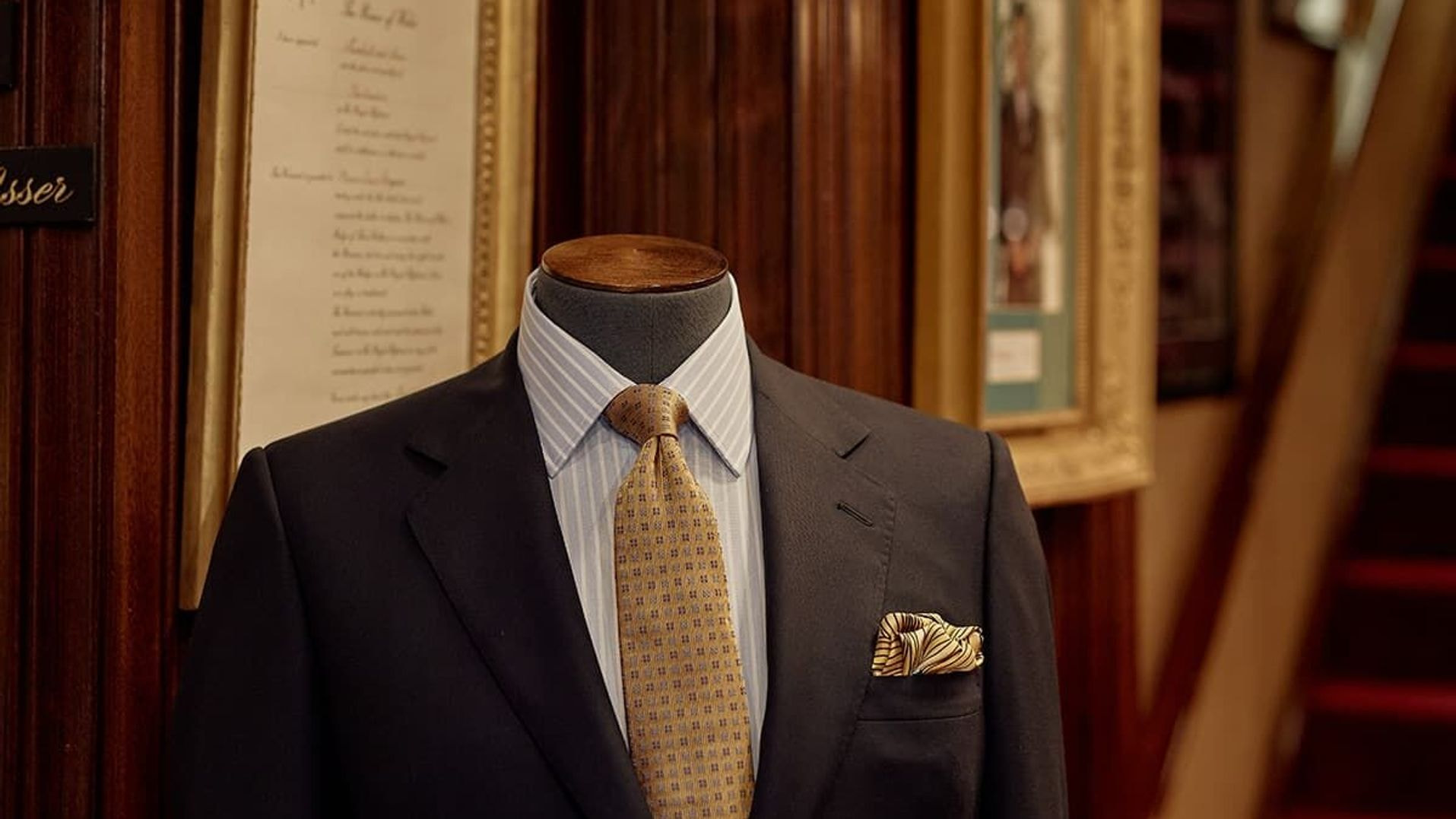Turnbull & Asser.
The Golden Age: Gentry in Monarchies
Picture, if you will, the elegant ballrooms of 19th century England or the sophisticated salons of pre-revolutionary France. These were the playgrounds of the gentry, where monarchies provided the perfect stage for their refined performances.
In these societies, the gentry were like the middle children of the social family - not quite royalty, but certainly a cut above the common folk. They had a clear place in the pecking order, sandwiched comfortably between the nobility and the rest. This hierarchical structure was their comfort zone, a social ladder they could climb without fear of it disappearing beneath their feet.
Monarchies also offered something crucial to the gentry - stability. Like a well-aged wine, gentry culture needed time to develop its complex bouquet of manners, etiquette, and cultural refinement. The relative constancy of monarchies allowed these traditions to mature and evolve gradually, creating a rich tapestry of cultural norms that defined the genteel life.
Moreover, the patronage system in these societies was like a greenhouse for gentry culture. Under the warm sun of royal and noble support, the arts, sciences, and refined pursuits flourished. Our gentleman could discuss philosophy in the morning, attend a scientific lecture in the afternoon, and enjoy a symphony in the evening - all under the approving nod of the establishment.


